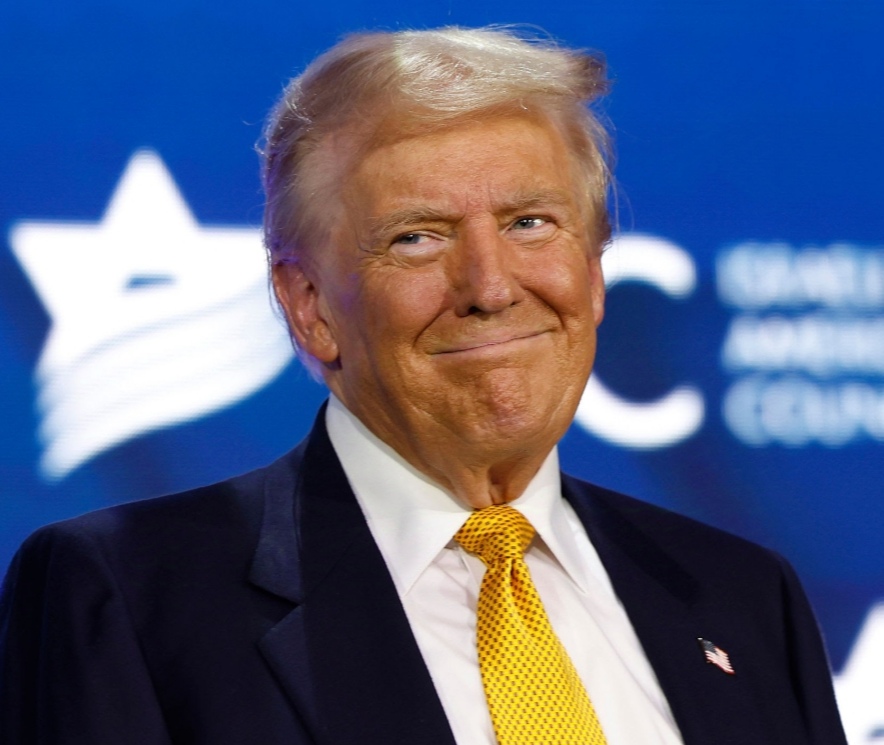As former President Donald Trump pursues another term, his stance on climate change remains as polarizing as it was during his presidency. 
Trump, who has called climate change “a hoax,” has vowed to expand fossil fuel production, roll back environmental regulations, and eliminate federal support for clean energy. This approach, though appealing to certain economic sectors, has significant implications for the climate, both domestically and internationally.
Fossil Fuel Expansion and Emissions
Central to Trump’s energy policy is the expansion of fossil fuel production, including coal, oil, and natural gas. Critics argue that an increase in fossil fuel output could lead to higher carbon emissions, at a time when scientists and international agencies stress the need to drastically cut emissions to limit global warming. According to a 2021 report by the United Nations, carbon emissions must decrease by 45% by 2030 to prevent a global temperature rise of more than 1.5°C, which would exacerbate extreme weather events, biodiversity loss, and sea-level rise. Trump’s re-election could complicate global efforts to meet this target.
Rolling Back Environmental Regulations
During his previous administration, Trump’s rollback of key environmental regulations—including protections under the Clean Water Act and methane emissions regulations for oil and gas operations—sparked debate over the balance between economic growth and environmental protection. Supporters argue that fewer regulations boost economic activity by reducing operational costs for businesses, especially in energy sectors. However, environmental advocates warn that loosening these regulations can lead to the degradation of ecosystems and compromise air and water quality.
If re-elected, Trump’s promised approach to deregulation could signal a shift away from recent policies aimed at protecting environmental resources, potentially leaving states to determine their own environmental standards. This shift might also impact vulnerable communities, disproportionately affecting populations who live near industrial sites.
Clean Energy: Potential Cuts in Federal Support
Under Trump, federal incentives for renewable energy, such as wind and solar, could face significant reductions or eliminations altogether. While the renewable energy sector has grown substantially in recent years, thanks in part to supportive policies, Trump has long expressed skepticism about its viability, particularly for large-scale energy needs. A reduction in federal backing could slow the growth of the clean energy sector, impacting job creation in this industry and potentially raising electricity prices as fossil fuels remain dominant.
International Climate Commitments
Trump’s approach to climate policy raises concerns about the United States’ role in global climate agreements, such as the Paris Accord, from which he previously withdrew before President Biden rejoined. The U.S., as one of the largest carbon emitters, plays a pivotal role in setting global standards and supporting climate finance for developing nations. A U.S. retreat from such commitments under a Trump administration could undermine international climate cooperation, emboldening other nations to reduce their commitments or delay decarbonization efforts.
Potential Impact on Public Opinion and Climate Action
While Trump’s policies could appeal to voters concerned about energy independence and economic growth, they are also likely to face resistance from states, corporations, and communities that have made their own commitments to address climate change. California, for example, has set ambitious goals for carbon neutrality and renewable energy. Regardless of federal policy, many corporations, municipalities, and individuals are pushing forward with climate initiatives, indicating that local and private efforts may still advance climate goals in the face of potential federal rollback.
Conclusion
Trump’s stance on climate change and energy policy underscores a division within the United States over how to address one of the most pressing issues of the 21st century. His re-election could lead to policies that emphasize fossil fuels and deregulation, challenging national and global climate targets. For advocates of renewable energy and climate action, his return to office could mean a renewed push for local and international collaboration outside federal frameworks to continue efforts in reducing global emissions and fostering environmental sustainability.